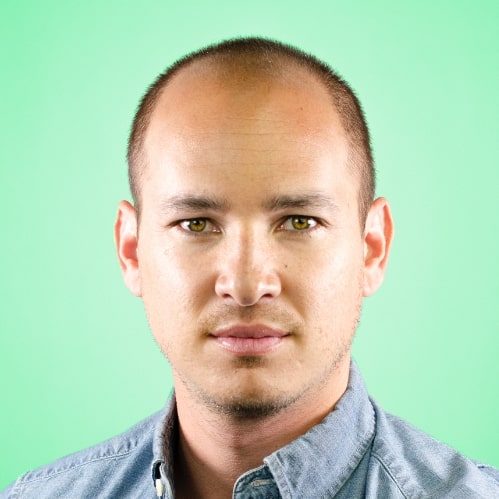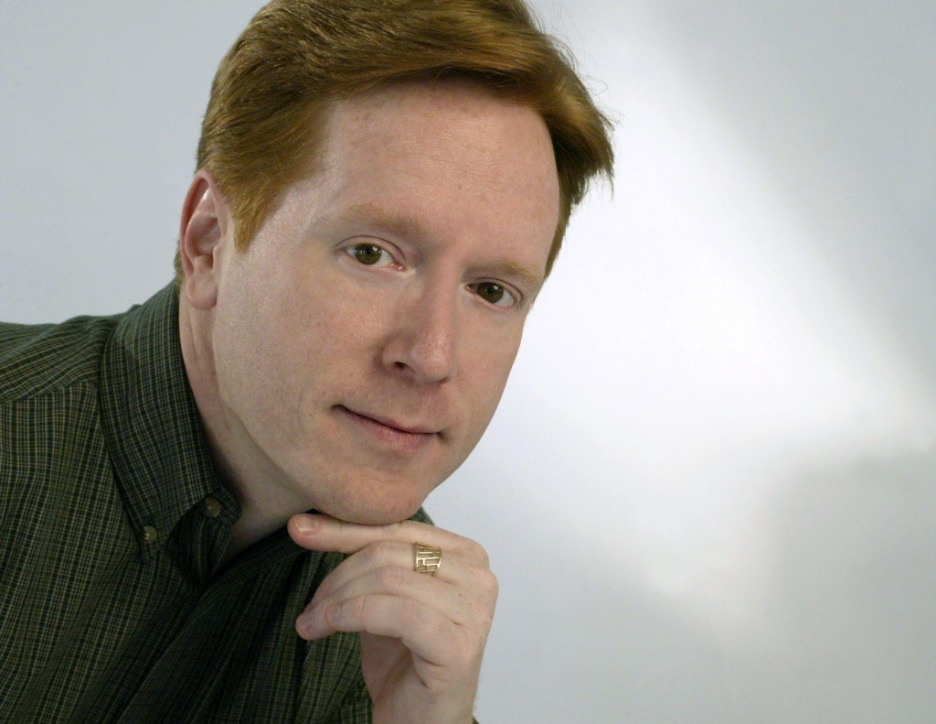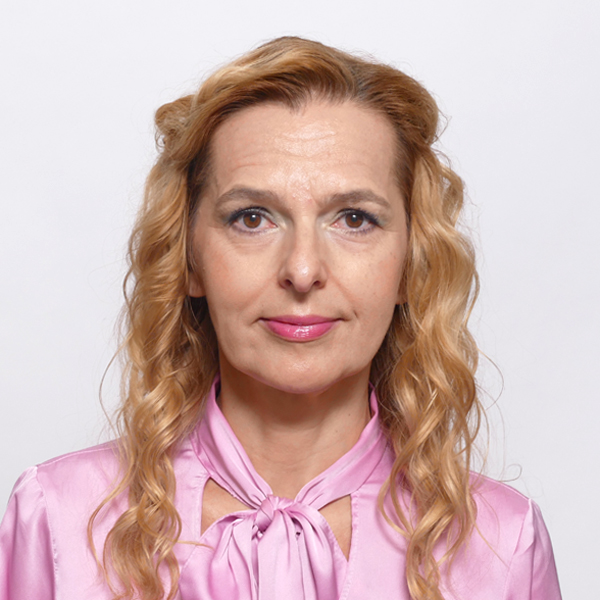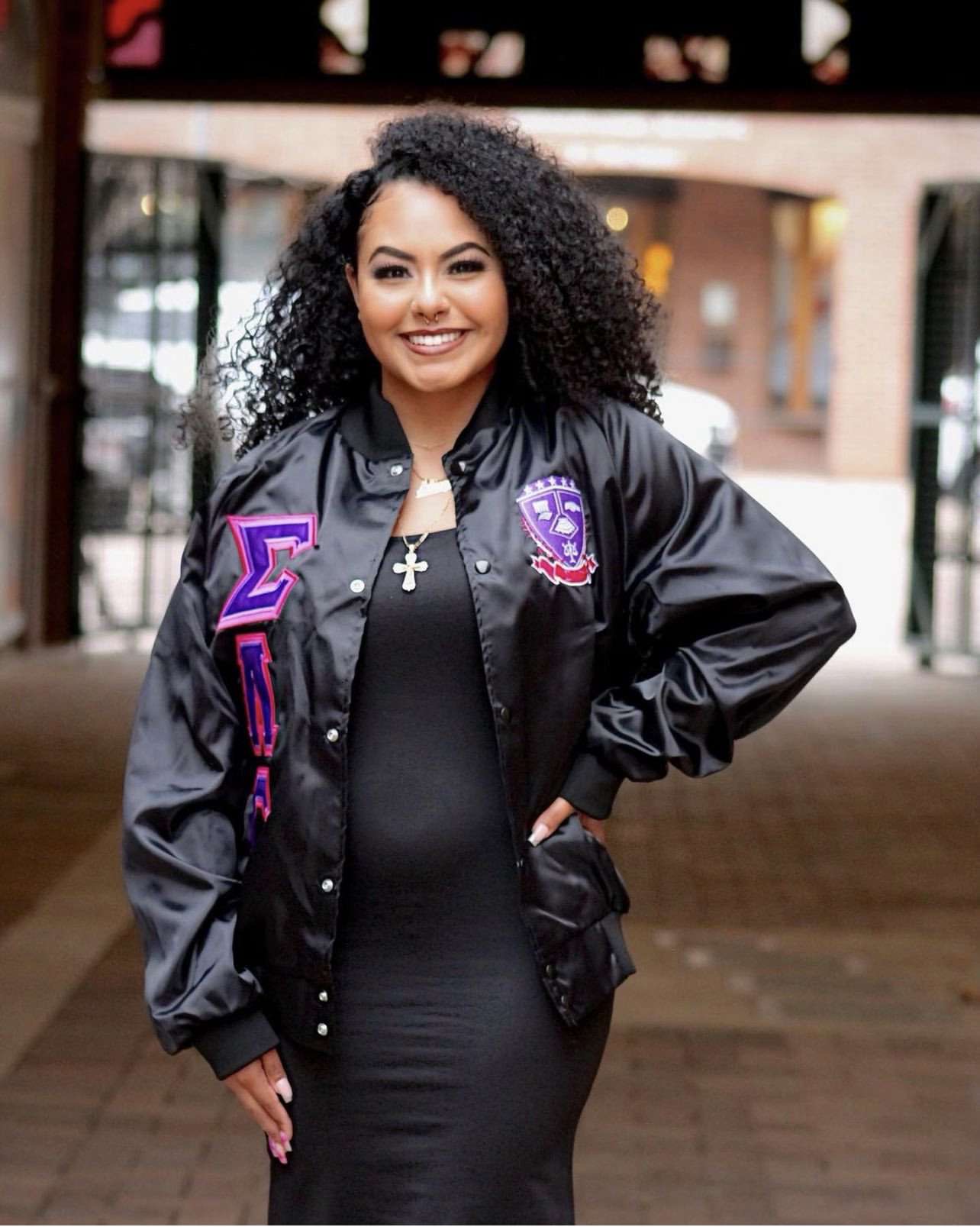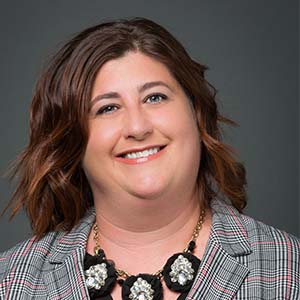
We talked with Christina Ruffatti and Laura Anderson about UNC’s Go On and Learn Program. GOAL program creates an environment for students with intellectual and developmental disabilities to be able to enjoy the college experience.
More info at unco.edu/unc-goal or email James Slaughter at james.slaughter@unco.edu (Running time 17:52)
Transcript:
Christina
My name is Christina Ruffatti. I'm the executive director of UNC’s Go On and Learn program.
Laura
I am Laura Anderson. I am the academic coordinator for the GOAL program.
The Go On and Learn program strives to make UNC an inclusive campus by providing the opportunity for students with intellectual and developmental disabilities to attend college. Christina Ruffatti and Laura Anderson are passionate about inclusivity on campus, and they showed this by working with professors and staff so that GOAL students can flourish on campus.
And how long have you guys been working at UNC?
Christina
I've been at UNC since June of 2019, so I'm almost at my four-year mark.
Laura
And I've been with the program for three years.
What does well, you said what GOAL stands for. So I guess I'm going to scratch that one. What students is the GOAL program for?
Christina
So GOAL is for students with intellectual and developmental disabilities wanting to attend college and our students receive modifications created in conjunction with Laura faculty and the student. And I can definitely let Laura talk more about the work that she does to make sure our students have access to the academic piece of UNC.
Laura
So modifications are changes to the professor's expectations, changes to what the student learns, and how they can demonstrate their learning. So my favorite example is if a student has to write a five-page paper in the class, a GOAL student might only have to write a two-page paper, or maybe they do a PowerPoint presentation instead.
Christina
Our students are fully included in the UNC campus, so they are attending classes alongside their degree seeking peers like yourself, and they are participating in clubs, organizations. They live on you and UNC’s campus. What else do we have to say about that? I don't know Laura looked at me funny.
From my understanding. It's not a full diploma program, but they are getting a certificate at the end?
Christina
Yes. So our students are taking 8 to 10 modified credit hours per semester. So they're not earning a degree, but they are earning a comprehensive certification of higher education, which is attesting to the completion of 72 to 80 modified credit hours.
How has UNC facilitated the program?
Christina
UNC has facilitated the GOAL program, and you should interrupt me at any time because you do a lot of work with faculty. It's been a lot of relationship-building and collaboration. Our students, like I said, live in the residence halls. They are included in the campus life. We've done a lot of in addition to collaboration, a lot of education with faculty.
I'll definitely let you talk about universal design and how you support that work.
Laura
Yeah, so I can't speak highly enough of the professors at UNC. They are all eager to work with the GOAL program. They're eager to support students in the GOAL program in their classes. I meet with every professor in the first two weeks of classes and talk about the student, talk about what modifications they might need. And I work with the professors to develop how that will work in their classroom and what that might look like in their classroom and their specific assignments. And faculty have been so receptive and so helpful in generating those modifications. It's been beautiful.
Christina
And then other ways that UNC has facilitated GOAL or supported GOAL is we have a very nice collaboration with housing. We have specific spaces that are set aside for our students so they're able to live amongst their degree-seeking peers. We have an amazing relationship with the Disability Resource Center to make sure our students are getting accommodations in their classrooms, in clubs and organizations.
Christina
And one of our amazing partners is actually the dining hall. They employ so many of our students. They are so inclusive in the work that they're doing with making sure students are having real work experiences and getting real pay for real work, which is very important to the end goals for most of our students.
And how many students at UNC are in the program?
Christina
We have 19 this semester and we'll have four graduates in two weeks.
How is the program funded?
Christina
I love this question. So because our students are not earning degrees, they are not eligible for student loans and GI Bill. However, we are a certified transition program, and what that means is our students can qualify for Federal Pell Grant federal work-study. So the program is funded through tuition dollars that we receive from our direct instruction courses and from a program fee that all of our students pay.
And that goes to pay all of the additional support that go into running the program, to pay staff, to pay mentors to support the fun activities that we do. We just had a bake-off today shout out to again dining services for creating a space for us to go in and bake some sheet cakes and create some mayhem.
Yeah, we also get private donations, so that helps to just create scholarships for students who might have cost as a barrier and then we receive some support from Division of Vocational Rehabilitation. And then some of our students are connected to their local community center boards. Yes, I think those are all the sources.
Can you tell me about the bake-off?
Laura
There had to have been 20 students. We had about four teams and they were each given a box of cake mix. And then they were told to grab whatever ingredients they wanted. They make the cakes, they decorated the cakes, and they worked as a team. Our theme was Earth Day, so their cakes had to represent something involving Earth Day.
We had one group that like mashed up the cake and then turned it into a volcano. It was gorgeous. It was absolute chaos in the kitchen for the full 2 hours. We were there, but they had so much fun and it was just the best time.
Do you guys regularly put on events like that for Students in the GOAL program?
Christina
So every Friday our amazing peer mentors and we cannot speak highly enough about our mentors, they are student employees that are working with students and GOAL building inclusion, building collaboration.
On the website it says that peer mentors are folks that provide support with areas like campus engagement, residence life, academics, clubs and organizations and many other ways! So if joining the GOAL, students with things like the Bake-Off sounds fun to you, reach out to James Slaughter, who is the director of Campus Inclusion, to learn more. His email will be in the description of this episode.
Christina
Every Friday they do something called The Cave, which is I think they're going to Scheels tonight, but it's really a space for students to come together. They had karaoke night a couple of weeks ago, which was amazing. And all are welcome to our adventures. During COVID, we did more facilitated work, but now the campus has opened back up and it's more accessible for everyone. We do less of that facilitated work and more building natural inclusion.
Are there specific majors or programs that students can take, or is it every single program?
Laura
So it's every program that's open to working with us across the campus. And we've worked with a lot of the programs. We have a student studying business, student studying sociology, psychology, communications, early childhood education. So it's really any department that I reach out to and form a relationship with. Our students are welcome in their programs.
Why is the GOAL program important?
Christina
This is such a big question. The GOAL program is important because inclusion matters. So until 2016, in the state of Colorado, we did not have an inclusive higher education program. And really nationally, an inclusive higher ed wasn't an option for students until 2008. So if people think about what their high school experience felt like, meeting with guidance counselors, going on college tours, that wasn't something that has historically been available to our students.
So we build connections on a college campus. We learn who we are becoming as adults in the world. And when our students have watched their siblings and their friends go to college and were left behind, that wasn't just. (for lack of a better word, right?) So inclusive, higher ed matters because option college should be an option for all students who want to pursue higher education.
Laura
And I would add, it's something like 20% of our population has a disability. And for us to deny college to a large percentage of our population just is unfair and our students deserve the same opportunities that everybody else has had throughout their lives.
And how many schools implement the GOAL program?
Christina
I'm so glad that you asked this because I looked this morning and it changes frequently. So GOAL is UNC’s name for inclusive higher ed. Every institution that has a program calls it something a little bit different. But as of this morning when I checked Think College which is the repository for all the inclusive higher ed information there were 317 programs in the States.
There's only one state that does not have a program and actually I had some fun looking. There's international programs as well. I'm going to Heidelberg, Germany. Just so you know.
So 317, and we have 4 in Colorado: UNC, ACC Arapahoe Community College, UCCS and Regis has just come online also.
And can you guys tell me how would a future student who has a developmental disability wanting to go into the program, how would they apply for that?
Christina
Our application materials are on our Website.
The GOAL website is unco.edu/unc-goal. There's a link on it with steps for students to apply, as well as more general information about the program for students who are wanting to join.
Christina
So they would start the process as any other student would, and fill out our application. We ask for more information than a degree-seeking student would necessarily provide because we want to make sure that we are the right fit for the student and that we can support wherever they're at and their learning journey. So they would apply. Their parents actually have to do an application as well.
They would submit their IEP. Transcript Parent Readiness Survey Student Support Inventory. We said we asked for a lot of information and then typically we do our in-person interviews or virtual interviews during spring break, and then we have a I don't even know what to call retreat.
Laura
It's a mountain retreat. It's three days up in the mountains where we come together with the students that we hope will become our freshmen and we do all kinds of activities. There's normally a bonfire. One year we were able to go swimming and we get to know them as people and see how they're interacting with each other to decide whether or not they are a good fit.
And they get the opportunity to meet with us and see how we are as people and decide, Yeah, I want to spend the next four years learning from these people or No, I don't like them. This is not going to work for me.
And then can you guys tell me about a student who has gone through the GOAL program?
Christina
I love this question. Can I tell you more about students who are successful in the program?
Yeah.
Christina
Because I don't want to single anyone out, right?
That’s fair.
Christina
Students who experience the greatest success, I mean, first of all, we all get to define success differently. But students who have been motivated to be college students, meaning they're engaging in academics, they're engaging in leisure activities, they're participating in everything that UNC has to offer are the students who we've seen the most growth in who they're becoming, and they have transitioned back into their home community or wherever they're going to land after graduation with jobs and having lives that are just like any of us would want with real friendships, genuine friendships, as you like to say, relationships with their families that are more adult in nature.
Laura
I think you said it beautifully or I mean, academics is only one part of the college experience. There's so much to what makes college, college. And so we like to see our students going to sporting events. We like to know that they're participating in everything that the campus has to offer. Clubs and organizations. We have students who do all kinds of different clubs and organizations, group fitness at the gym, faith-based organizations.
We have one student who wants to get involved with the Green House, and these are the students who, like Christina said, show the most growth in who they are as people because they're taking the time to figure out who they are.
And I think one more question that I have before we get to a fancy fun one, is there anything that you would like students going into the program to know or just students at UNC to know about the GOAL program? It's a big question.
Laura
So I would like them to know that academics isn't everything. I, I probably shouldn't say this as the academic coordinator, but I'm perfectly happy with my students getting C's in their classes as long as they are out experiencing college life. Because at the end of the day one, our students are earning a certificate and not a degree. And two, nobody cares what your GPA is after you leave college.
Christina
You shouldn’t say that,
Laura
I know
Christina
People will think that it's true.
Laura
But they care about, you know, the work experiences, the volunteer experiences, what clubs and organizations you've been part of. That's what really matters. Those skills that you've developed. And that's what I would want our students to know. College is about so much more than just the classes you're going to take.
Christina
I think I would want any student to know that as well. Those of you listening at home like it's going to be okay, I promise. I think for students as a whole, just be aware that inclusion is all around you. And I think the generation that probably you're in inclusion has always been part of the deal, right? So being mindful of inviting people who normally wouldn't have a seat at the table and for students interested in pursuing inclusive higher ed.
Yes to everything Laura said. And also advocating making your wishes known of wanting to be a college student and practicing those skills early on is so important because none of us are mind readers and we all want every student to be successful.
And I have one last question for you guys, which is if you had a podcast, what would you do it on?
Laura
I want to go first. Because I know my answer. I would absolutely do it in Yellowstone National Park. It is my favorite vacation place, my favorite place to visit. It is just a cool location.
Christina
I'm doing mine on chickens. Chickens are my special interest. I love all things chickens. Yes, I am that interesting creature. If you see me on campus, you will know me because I have a chicken tattoo.
Do you have chickens?
Christina
I do have chickens. I have 11 chickens. I don't know what kind of chickens I have right now. I tried to think of a chef Mitchell asked me earlier during the Bake-Off, and I was like, I don't know. They lay eggs. Yeah, they're delicious.
That's what matters.
Christina
Yeah. I mean, the eggs and the chickens are delicious, but we shouldn’t talk about that. Cut that out.
Thank you for listening to Christina Ruffatti and Laura Anderson talk about their positions, and they go on and learn program, which is making you and see a more inclusive campus. James Slaughter is email, and the GOAL website link will be in the description of the episode for anyone who is interested. I'm your host, Isabella Marcus-Porter, giving you a taste of UNC.

